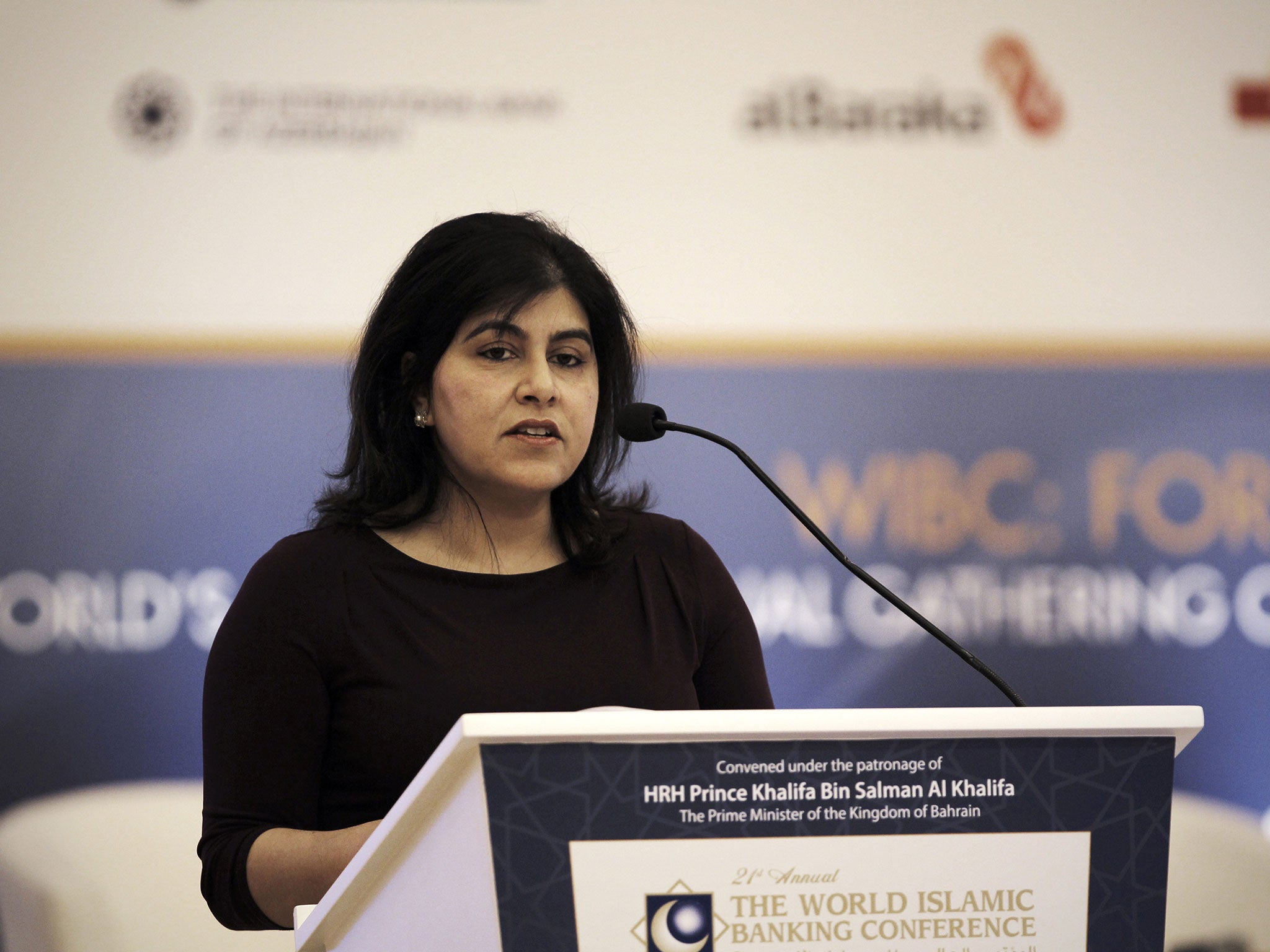Baroness Warsi warns how British Muslims fear Government 'Cold War' against their faith
Peer warns Tory plans could increase extremist radicalisation

Your support helps us to tell the story
From reproductive rights to climate change to Big Tech, The Independent is on the ground when the story is developing. Whether it's investigating the financials of Elon Musk's pro-Trump PAC or producing our latest documentary, 'The A Word', which shines a light on the American women fighting for reproductive rights, we know how important it is to parse out the facts from the messaging.
At such a critical moment in US history, we need reporters on the ground. Your donation allows us to keep sending journalists to speak to both sides of the story.
The Independent is trusted by Americans across the entire political spectrum. And unlike many other quality news outlets, we choose not to lock Americans out of our reporting and analysis with paywalls. We believe quality journalism should be available to everyone, paid for by those who can afford it.
Your support makes all the difference.British Muslims fear the Government is fighting a “Cold War” against their faith which could result in an increase in extremist radicalisation, a former Conservative minister has warned.
Sayeeda Warsi, who was Britain’s most senior Muslim minister until she resigned last year, told The Independent that plans to crack down on so-called non-violent extremism announced earlier this week could be counter-productive and alienate mainstream Muslims from British society.
She warned that the new policy must be “applied consistently across all communities” and include “all forms of extremism” without criminalising thought.
Significantly, Baroness Warsi’s stance has been backed by the think-tank Quilliam, which has advised the Home Secretary Theresa May on anti-extremism policies.
Haras Rafiq, the organisation’s Managing Director, said the Government’s new policy risked leaving the Muslim community feeling disenfranchised.
“If you try and ban someone with ideas that you and I would disagree with, that only leads to other people feeling disenfranchised and those ideas just ferment,” he said.
Baroness Warsi said while it was still far from clear what the Government’s definition of non-violent extremism was, there were worrying signs that the strategy was being seen as an attack on the Muslim community itself.
She pointed out that other faith groups often held beliefs that could be deemed to be extreme but did not appear to be a target of Government action. “The test will be whether this is a genuine attempt to deal with extremism in all its forms, as opposed to the current perception that it is a Cold War against British Muslims,” she said.
The Government could face serious challenge in the House of Lords where the Conservatives do not enjoy a majority. The plans will be opposed by both the Lib Dems, who objected to the measures in Government, as well as a number of cross-bench peers who will be concerned about their effect on civil liberties.
Join our commenting forum
Join thought-provoking conversations, follow other Independent readers and see their replies
Comments